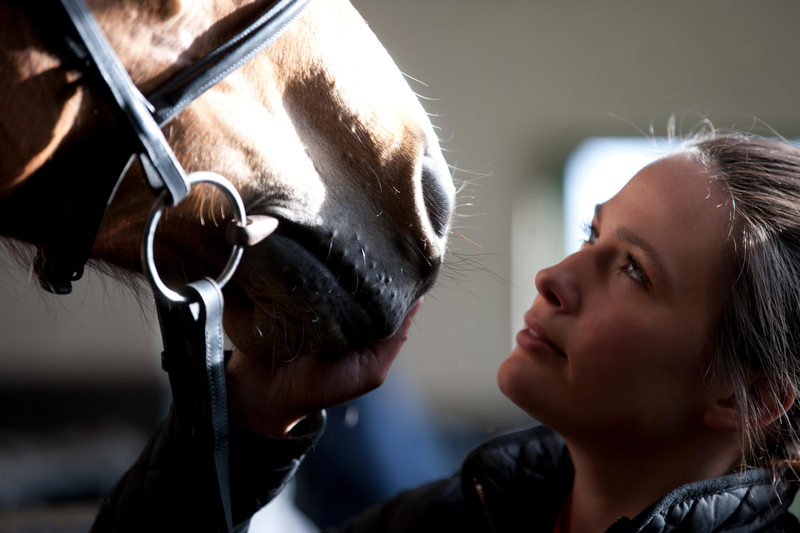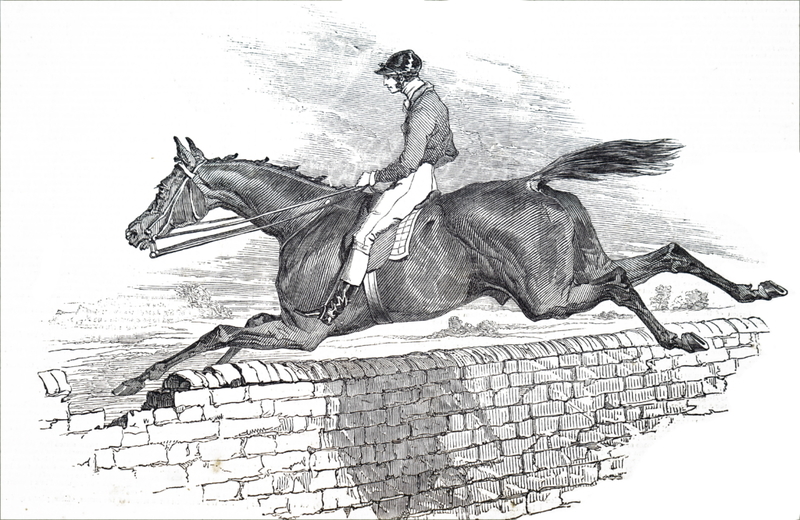
Here are everyday utterances that come straight from the horse’s mouth, ummm… we mean races!
“Hands down” nowadays usually mean “without a doubt” or “effortlessly.” When the phrase first appeared in the 19th century, it referred to a horse race that was won indisputably or readily, to the point that the jockey would let go of the reins and cross the finish line “hands down.”

A “give and take plate” was the award for a race in which the playing field was leveled by having taller horses carry extra weight as early as the late 1760s. People had already begun to use it to describe other circumstances that required compromise and fair exchange by the late 1770s. “Give and take is fair in all nations,” Frances Burney wrote in her novel Evelina in 1778, which is the first documented use of this broader concept.
If you were a 19th-century racegoer, you wanted a good return on your investment—preferably a lucrative one, but any return was better than none. After all, a horse could be scratched from the race at the last minute due to injury, illness, poor racing conditions, or any number of other factors. People began to use a race for one’s money outside of the racetrack in situations where someone or something proves to be a worthy opponent.

According to the Oxford English Dictionary, a fast track was “a racetrack with a hard, dry surface that allows horses to run at great speeds” in the mid-nineteenth century. A slow track, on the other hand, had a “soft moist surface.” Despite the fact that slow track has become a metaphor, fast track is by far the more popular of the two. A fast track can now refer to any expedited course, whether physical or figurative; it’s even become a verb. Please expedite that report is possibly the most despised corporate lingo.